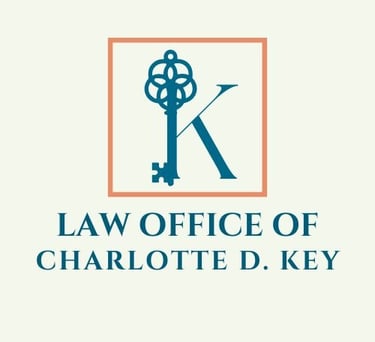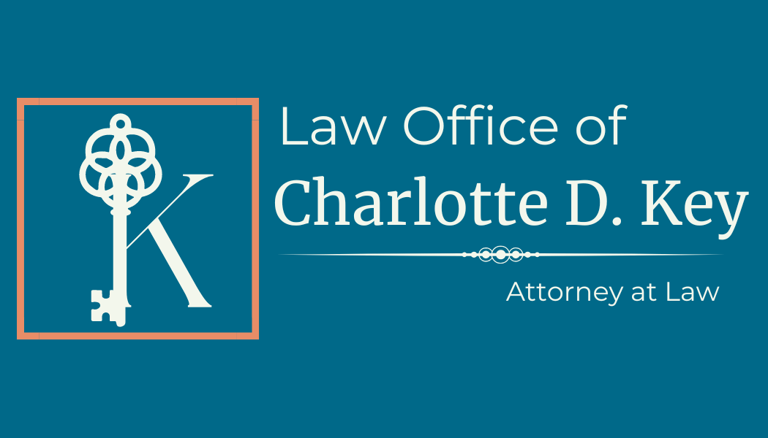Choosing an Entity Type for your Business
Deciding on what type of entity is best for your business is one of the most important choices for a new business owner. This article provides a breakdown of the different types of business entities available for Texans.
Charlotte Key
7/6/20243 min read


When starting a business, one of the most important decisions that a business owner will make is what type of entity to form. There are many options available to business owners, but it is important that you pick the right type and understand the differences between the options available. Each entity has different tax implications, record keeping requirements and liability protection. This guide will provide an overview of the most common business types.
Sole Proprietorships
Sole proprietorships account for a significant number of businesses in the United States. Many small business owners find sole proprietorships attractive because of the ease of formation and management control. Sole proprietorships are controlled solely by the owner and do not require the owner to register the entity with the state. Sole proprietors need only to obtain necessary business licenses and file an assumed name certificate to set up the entity. Persons considering operating as a sole proprietorship should be aware that owners may be held personally liable for the debts and liabilities of the business. Furthermore, because the owner is the business, if the owner dies, the business automatically terminates.
Partnerships
Partnerships are owned by two or more people and are governed by a partnership agreement. Like sole proprietorships, general partnerships are not required to register with the state. The partners are also personally liable for all business debts, losses and obligations. Partners report income and distributions from the partnership on his or her tax returns. Limited partnership and limited liability partnerships are different forms of partnerships, which do protect the owners from personal liability. Also, limited and limited liability partnerships must register with the secretary of state, unlike general partnerships.
Limited Liability Companies
Limited liability companies are becoming a popular business entity type for many business owners. LLCs, as they are commonly called, are owned by the members of the company and are governed by a company agreement. A LLC is a hybrid entity because it has flexibility in ownership structure and taxation. LLCs are taxed liked partnerships, but offer owners liability protection like corporations. The entities also have a flexible management structure and can be managed by the members or outside persons such as corporations or trusts. LLCs may elect to be taxed as a partnership (default election) or as an S-Corporation.
Series Limited Liability Company:
Series limited liability companies are the newest entity type in Texas. Series LLCs are a type of LLC that allows the members to own multiple LLCs using one filing with the secretary of state. Similar to a corporation with subsidiaries, series LLCs allow owners to set up a master company and allow that company to form an unlimited number of series. Each series is considered a separate entity and the liabilities and debts of each series are isolated from the parent and the other series. Series LLCs are often used by real estate investors in order to isolate liabilities of the properties. Some disadvantages of series LLCs is that the entity is very new and there is still areas that need clarification, such as tax filings and naming conventions. As the law evolves, the series LLC will become more attractive to business owners that desire to have multiple businesses under one umbrella company.
Corporations:
Corporations are owned by the shareholders and managed by the board of directors. The governing document of corporations is the bylaws, which contain information about how records are kept, shareholder percentages, termination provisions and buyout information. Corporations also register with the secretary of state’s office in state where formed. Corporations may elect to be c-corporations (closed corporations) or s-corporations (special tax election). Corporations may also elect to form subsidiaries. Shareholders enjoy protection from personal liability in most cases. Some disadvantages of corporations are double taxation and strict requirements regarding meetings, transferring shares and reporting to various governmental agencies.
If you are interested in learning more about how to structure your new business, you may contact Charlotte Key at info@keyestatelaw.com. For more informative articles regarding business law and estate planning sign up for updates from My Legal Opinion here. Also, if this article was helpful, please leave a comment and let me know!
Serving Collin County, Dallas County, Denton County, Rockwall County, Grayson County and surrounding areas.
Schedule your consultation online today!
Info@keyestatelaw.com
972-752-3454
© 2024. All rights reserved. | Disclaimer The Law Office of Charlotte D. Key, PLLC
5055 W. Park Blvd., Ste. 400
Plano, Texas 75093
By Appointment Only
Connect with us!
Blog
Resources
Law Office of Charlotte D. Key, PLLC


